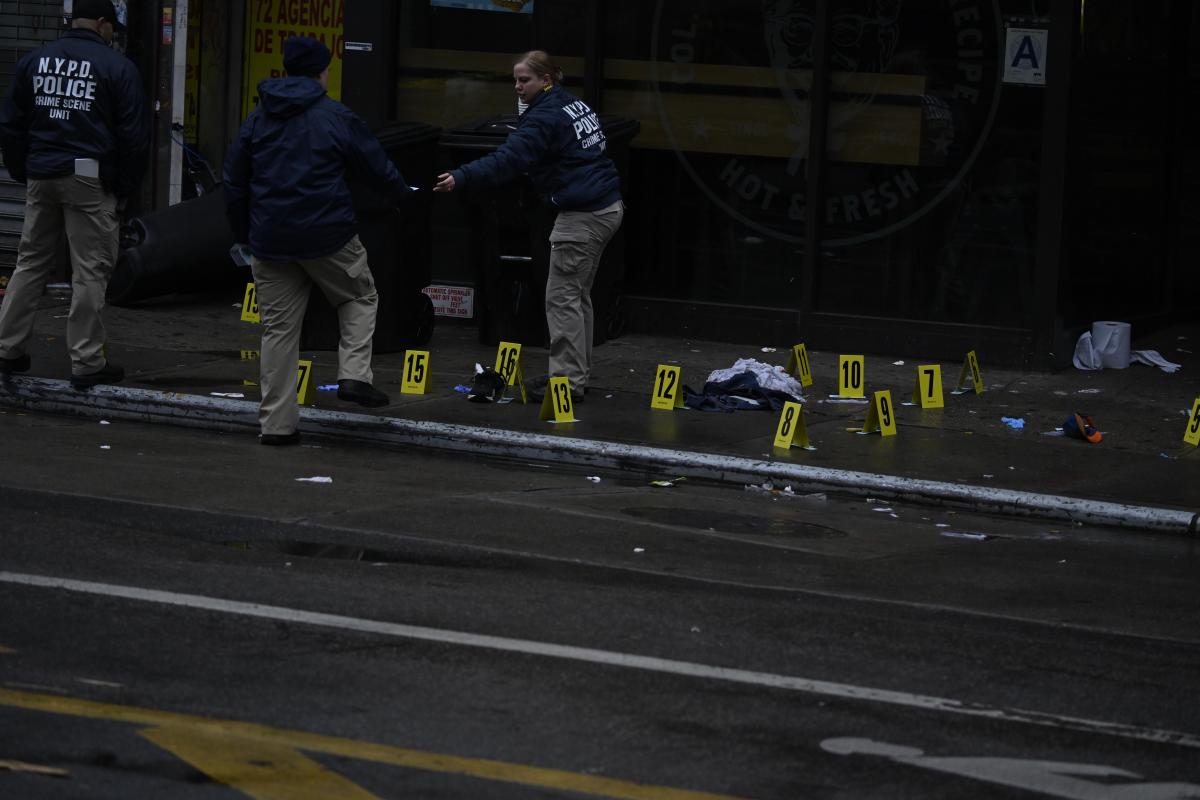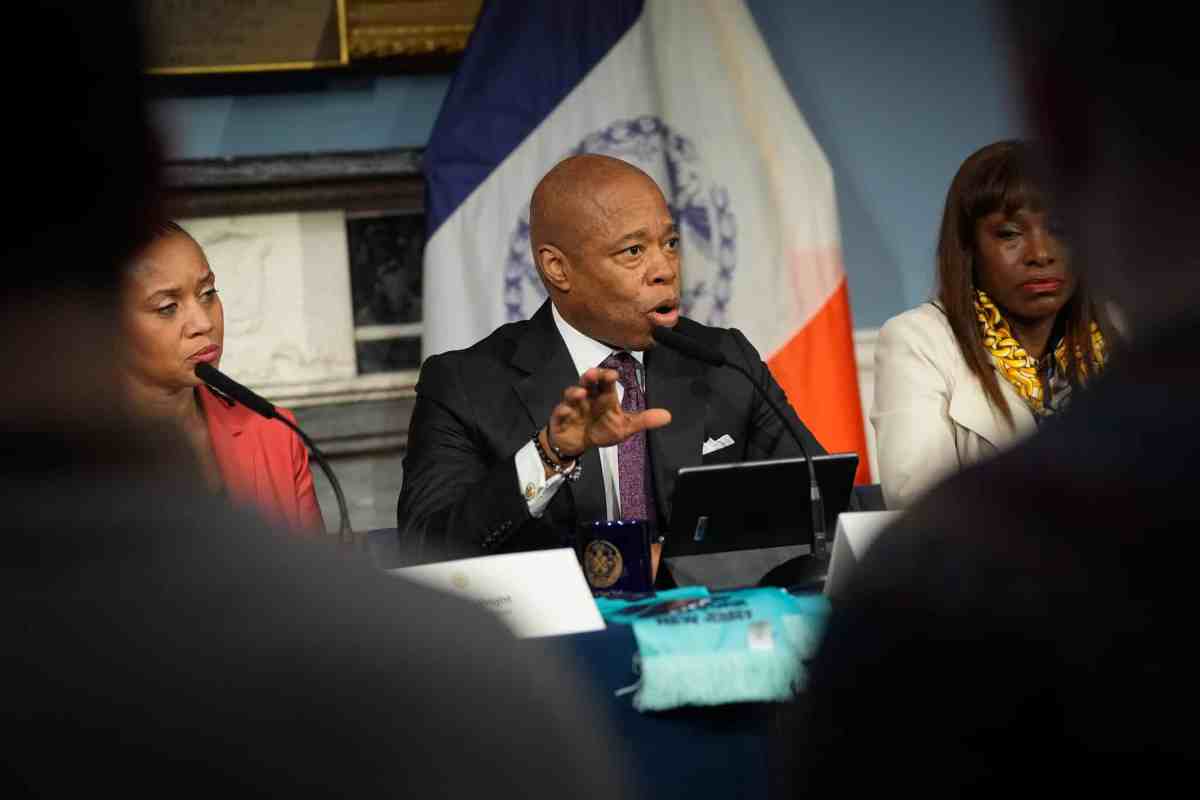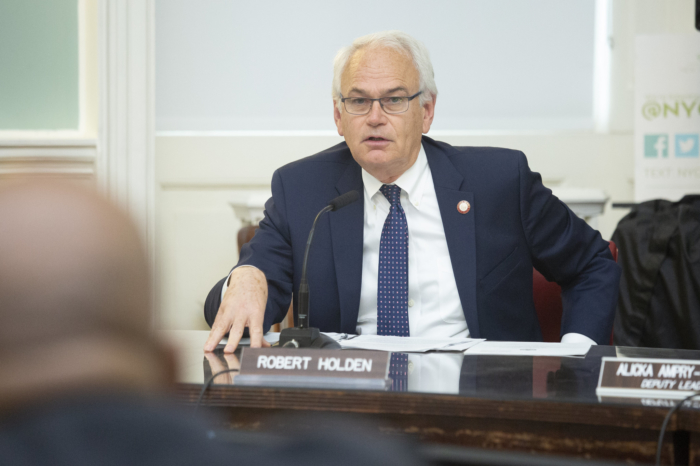By Bob Harris
Two expansion proposals are slowly wending their way forward. New York University wants to expand in Greenwich Village, Manhattan. The city also wants developers to demolish the Iron Triangle in Willets Point and build giant, mixed-use buildings and other properties.
The arguments for these projects is economic development, but the arguments against are loss of private property and breaking zoning agreements made decades ago.
When NYU expanded decades ago, it was given public land under the restriction that it would leave some of it as public space and not build there. Now it wants to get permission to build high buildings with the same volume as the Empire State Building below Washington Square.
The city Planning Commission held a hearing April 25 with hundreds of residents, preservationists, NYU faculty and students speaking out against the plan. If passed, the plan would go to the City Council. With NYU expanding in Brooklyn and Manhattan, one wonders if it can finance this project.
Will the economic development balance the taking away of green spaces and imposing massive buildings in the Village? On May 1, NYU faculty and students held a rally against the expansion. If NYU gets away with this land grab, will St. John’s University get ideas to expand?
It has expanded on the north and south sides of Union Turnpike near 150th Street. North of that location are some private religious schools. How much increased density of mass and population can Queens absorb without the lowering of the quality of life?
A few years ago, the city proposed tearing down the various shops in Willets Point to let developers build. The Iron Triangle looked a little scrawny with scrap yards and car shops on streets marked by mud and with no sewers or sidewalks. The city never put in the infrastructure needed for the businesses there.
Annoying many people is the fact that private developers will build with city help. The city wanted to use eminent domain to take over private property so private developers can build. Eminent domain is an accepted practice of a municipality or other government taking private property so land can be used for the public good by the government.
The current use of this practice would enrich developers, hedge fund operators and banks, among others. Now the city says it will not use eminent domain for private development. Hopefully, the city will stick to this new policy.
This misuse of eminent domain and a U.S. Supreme Court ruling backing it, has angered enough people so much that the U.S. House of Representatives has passed a bill called the Private Property Rights Protection Act of 2012 in February.
The bill would cut federal funding to municipalities or state governments, which use eminent domain to foster economic development. The bill would also prohibit the federal government from using eminent domain for economic development. Perhaps this is why the city just changed its policy. We will watch to see what happens in the future.
GOOD NEWS OF THE WEEK: Two of the proposed schools designated for closure were removed from the closure list. One of the schools which had been deemed as being poor was Brooklyn’s Bushwick Community High School.
The school should never have been on a closing list because the 300-plus students all had been failing in other schools. At this school they were learning and advancing toward graduation, but due to their problems more time is needed for the students to succeed.
This shows how the city Department of Education thinks — or, in this case, does not — until confronted with facts.
BAD NEWS OF THE WEEK: On May 30, 2008, a building crane collapsed in Manhattan, killing two people.
It is too bad our justice system lets so much time elapse until a trial takes place because too many people forget after all this time. The owner was accused of putting profit ahead of safety by hiring a cheaper Chinese company, which could also repair the crane faster.
A former employee of the company had pleaded guilty and testified at the trial. A judge, not a jury, heard the case. There is still a civil case continuing. Too often this miscarriage of justice takes place.































